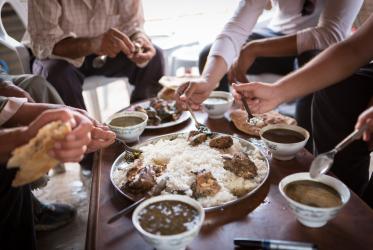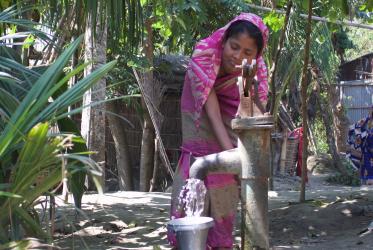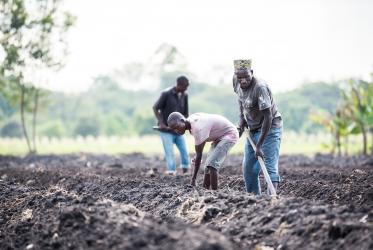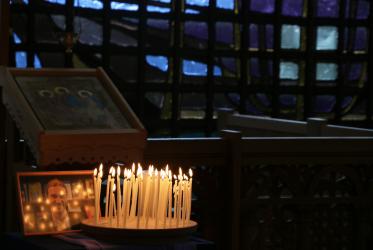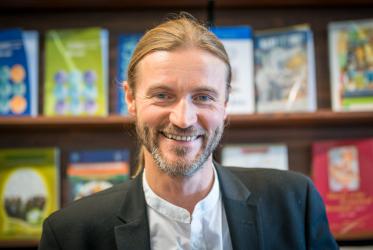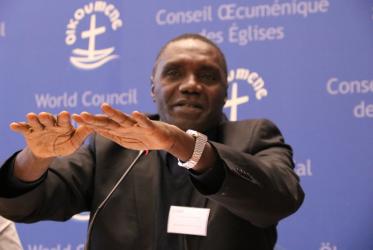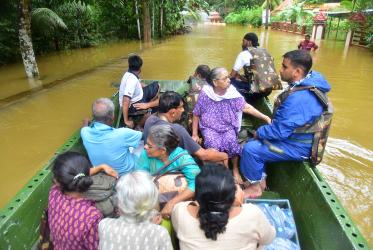Displaying 61 - 80 of 154
“Economy of life” lifted up at special school in Indonesia
22 August 2019
WCC mourns lost staff member in Ethiopian Airlines crash
11 March 2019
Agreement works toward food security in South Sudan
23 February 2019
On the journey to HIV – bridging gaps, debunking myths
21 February 2019
Dr Cecile De Sweemer, the doer of God
30 November 2018
Worrying food shortages compel faith action
19 October 2018
WCC invites Churches’ Week of Action on Food 2018
11 October 2018
